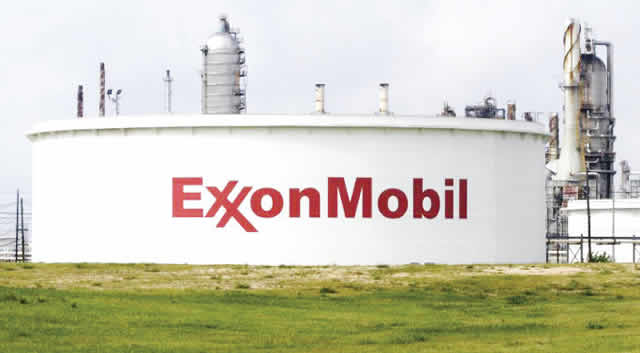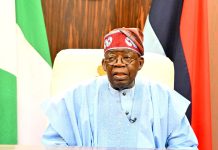

DIAGEO, the United Kingdom-based owner of the iconic Guinness brand became the latest multinational to dilute its shareholding in a major outfit in Nigeria. This again points to the grave failings of the policy environment that have spooked multinational organisations with serious implications for new investments, employment, and the economy at large.
Eyebrows were raised recently when Diageo sold 58.02 per cent of its shareholding to Tolaram, a multinational. Diageo still produces several beverages in Nigeria.
However, some multinationals completely exited Nigeria. Those leaving cited higher operating costs that have eroded profits, inability to access forex, and a harsh regulatory environment as major reasons. Foreign direct investment into Nigeria fell by 26.7 per cent to $3.9 billion in 2023 from $5.3 billion in 2022. Household names like Procter & Gamble, Unilever, Kimberly Clark, GlaxoSmithKline, and Sanofi Aventis have exited fully or converted their business models to import and distribution. Jumia Foods and Bolt Foods are gone.
Microsoft and Meta have downsized their operations. PZ Cussons Plc is considering leaving Africa as a whole, partly due to its Nigeria woes, which have resulted in a 48 per cent drop in sales. The CEO, Jonathan Myers, cited macroeconomic challenges and complexities.
Most worrisome is the departure of Shell, TotalEnergies, ExxonMobil and Equinor. The IOCs are divesting their assets away from Nigeria with investments in other African countries with better business environments. Oil theft, insecurity, and hostile communities are chasing these companies away from a sector that accounts for 95 per cent of Nigeria’s foreign exchange earnings.
TotalEnergies recently announced a commitment of $6 billion to developing the Kaminho oil project offshore Angola after dumping Nigeria as an option. It is investing $600 million in Congo. The company’s boss, Patrick Pouyanne, blamed the decision on Nigeria’s erratic policy environment that has made investments untenable.
The government says these issues will be resolved with the ongoing economic reforms and has acknowledged that the absence of a liquid foreign exchange market is a key factor in the exit of the multinational. Minister of Finance, Wale Edun, is optimistic that things will improve. We do not share such optimism.
Multinationals play a key role in job creation, technology transfer, contribution to the tax pool, CSR programmes, and signalling for foreign investors. These departures have a negative multiplier effect on small and medium-scale companies, which are their suppliers and service providers. Thousands of jobs have disappeared.
It is incongruous that this administration has been busy globetrotting, seeking new investors while the existing ones are fleeing. That the government does not see the urgency of the situation is shocking. The fiscal policy and tax reforms that ought to provide a clear new direction and remove regulatory and tax bottlenecks should have been implemented by now.
Africa’s richest man, Aliko Dangote revealed that the Federal Government takes 52 per cent tax on every N1 his company earns in profit and that policy inconsistencies could easily lead to business bankruptcy. This sums up a picture of why Nigeria cannot be an investment destination of choice unless these issues are addressed quickly.
For a government that has sold itself as business-friendly, it must prioritise measures that support businesses, such as lowering taxes, streamlining business processes, trade facilitation, and creating a regulatory environment that is not predatory but delivers on enterprise development.
The focus should not be on how much government can extract from businesses. Businesses need to be thriving to recruit and pay employees, meet tax obligations, and undertake CSR. Policies should be clear and consistent.
Security must be improved to support agriculture and the oil and gas sector. The government needs to upgrade existing infrastructure. There is no point committing N15 trillion to the Lagos-Calabar Coastal Road when the existing highways are shabby.
Join Television Nigerian Whatsapp Now
Join Television Nigerian Facebook Now
Join Television Nigerian Twitter Now
Join Television Nigerian YouTUbe Now





